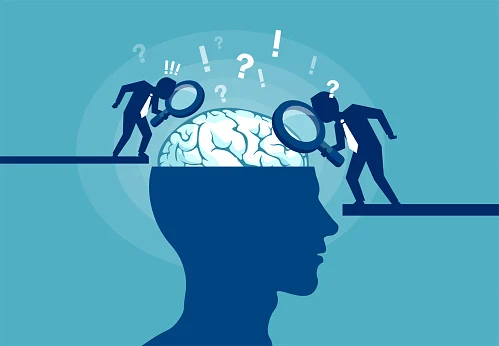Psychology is about understanding the complexities of human experiences. It uses scientific methods to study how our minds work and how we behave. Some topics in psychology include thinking, emotions, senses, motivation, brain functions, personal traits, and social interactions.
Is Psychology a Social Science
Psychology is unique because it combines elements of both natural sciences and social sciences. On one hand, it looks at biological aspects, like how the brain affects our thoughts and behaviors. This is similar to neuroscience, which studies how the body works.

Key Arguments for Psychology as a Social Science
- Psychology’s main goal is to understand human experiences. Since humans are social beings, much of psychology focuses on how we interact with and influence each other in social settings.
Sociocultural Influences:
- Psychology studies how our environment and culture shape our behaviors, thoughts, and emotions. For example, developmental psychology looks at how social relationships and cultural backgrounds influence our growth. You can also How to Get into College with a low GPA.
Research Methods:
- Psychology uses various methods to study human behavior. Besides experiments, it includes interviews, surveys, and ethnographic studies to get a complete understanding of people’s experiences. These methods help gather detailed information that numbers alone can’t provide.
Interdisciplinary Connections:
- Psychology often collaborates with other fields to understand human behavior better. For instance, political psychology studies how attitudes and thoughts affect political actions. Behavioral economics combines psychology and economics to understand financial decisions. Also check about National Honor Society Requirements.
Subfields Illustrating Psychology’s Social Science Nature
This subfield investigates how individuals’ thoughts, feelings, and behaviors are influenced by the actual, imagined, or implied presence of others. It covers topics like social influence, social perception, group behavior, and interpersonal relationships.
Developmental Psychology:
Developmental psychologists study the psychological growth of individuals throughout their lifespan, considering how social relationships, education, and cultural contexts influence development from infancy to old age.
Cultural Psychology:
Cultural psychology examines how cultural practices and social institutions shape and are shaped by human behavior and mental processes. It highlights the variability of psychological phenomena across different cultural settings.
Community Psychology:
Community psychologists focus on the relationships of individuals within communities and the wider society. They aim to enhance quality of life through collaborative research and action, addressing social issues like poverty, education, and public health.
Psychology aims to understand both internal thoughts and external social influences. While it overlaps with natural sciences in some areas, its main focus is on how social factors shape our identities, behaviors, and relationships. It explores how culture, biases, and group dynamics influence us, making it a social science at its core.